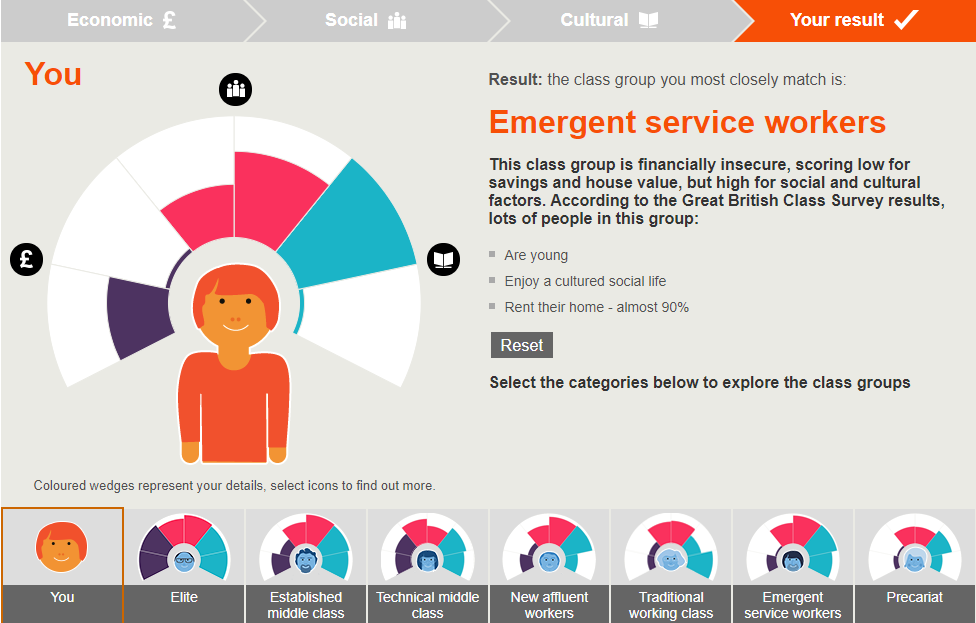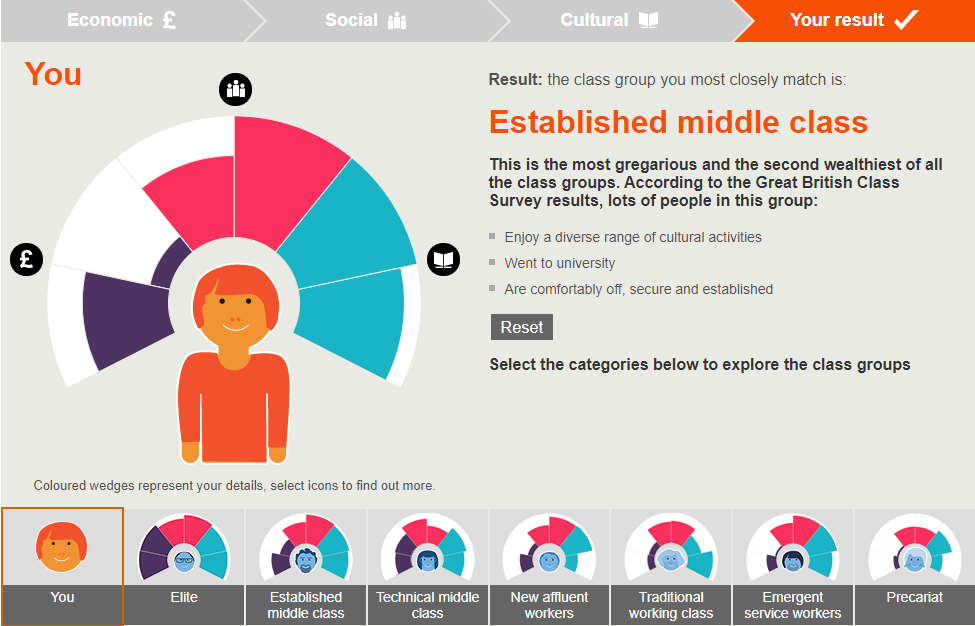A Gobshite with Insight

The title of this blog refers to some ‘unofficial feedback’ I had from someone when I said “I’m just a gobshite”.
This is a blog for everyone out there who has struggled with impostor syndrome; felt like they didn’t fit in, and why we should embrace it. It’s the reflections I have made after three years in teaching, based on conversations (often tellings off) with people around me.
I’ve suffered with impostor syndrome since I went to university at the age of 36. There is nothing like sitting in a room full of 18 year-olds, with the odd 20-something in the room with you to drive home that you are very much a square peg in a round hole. I think it is common to feel this way when you are looking around the room and see everyone else as being something you’re not.
Fast forward to teacher training – All these young and keen trainee teachers, plus a few career-changers. You’re introduced to people all the time, and again that doubt kicks in. “I’m not one of these guys”, “They belong here” – the nagging voice in your head speaks, and puts you down again. So you become active on EduTwitter, and look at what everyone is doing – Yep, you just made things much worse because now you’re looking in awe at the knowledge and experience people have, and think “I’ll never be like that!”.
Sometimes, being different is what’s needed. The status quo isn’t always a good thing. Every one of us are leaders in our own right, whether you are ‘just’ a classroom teacher or Head Teacher, the focus and sphere of your impact just changes. As @MrsRileyEng says in her blog (https://myhodandheart.wordpress.com/2020/06/02/middle-leadership-being-a-positively-disruptive-voice/), in education the role of leaders is to challenge those around them. Being an English-specialist, Kaley frames this really well as being a “positively disruptive voice”. Me? I’d describe myself as a “Gobshite with insight” – this is because I’m trying to get my head around my new status as a teacher. One of the things Teach First had us do was to assess our social status through a series of questions (https://www.bbc.co.uk/news/magazine-22000973 if you want to try it yourself). I found it really interesting to see how I came out pre and post degree.
 Pre-university, despite a well-paid career, social connections and lifestyle put me as an Emergent Service Worker – my salary helping out massively.
Pre-university, despite a well-paid career, social connections and lifestyle put me as an Emergent Service Worker – my salary helping out massively.
 Post-university, a higher household income, social connections that now include lecturers, teachers, scientists and CEOs, all due to my graduate-career, I am Established Middle Class.
Post-university, a higher household income, social connections that now include lecturers, teachers, scientists and CEOs, all due to my graduate-career, I am Established Middle Class.
This change has been hard to get my head around, but I am getting there. It isn’t uncommon in the circles I now mix in for people to be the first in their family to go to university, but it sure is for them to have spent 20 years in the workplace before heading to university – it is that experience that means the awareness of changing your social status is stark. I think this feeds into impostor syndrome; so I’ve been reflecting on why I have it in education, but not in previous roles. So I have started to really look at relationships, leadership and implementing change, something I have experience in outside of in my past-life.
Putting the impostor back in his box – Some reflections on school leadership.
By embracing the different experiences within our schools we benefit the communities we serve. A good leader doesn’t need to have all the answers, or all the ideas – they need to know where to find them, or whom to talk to.
I often talk of “hearts and minds” campaigns, a phrase picked up from the military. Schools that are in special measures/requires improvement often need to get their community on board to turn things around. @CobblesAnn is a great example of a Head Teacher who has done this well in the East Midlands. Ann used an established Facebook group that wasn’t linked to the school to get parents on side, and to unify the wider school community. Peace-keeping teaches you much about people and societies, certainly more than I realised at the time.
De-escalation strategies have been brilliant for engaging with parents; I always use my first name when speaking to them. This was something that worked as a parent with teachers, so I now flip the roles. By acknowledging to ourselves how difficult some parents found school, and how this plays into their dynamic as adults, allows us to bring them on side more easily. I’ve spoken to a parent that was banned from sitting his exams due to behaviour, and was very anxious about coming into school to meet with me. I had to consider the barriers I put between the two of us to get him on side. By not wearing a jacket, and rolling my sleeves up, I reduced a psychological barrier he had established between us. I wasn’t the authority figure he butted heads with at school. I had my tattoos on display; he could see we were much alike. By introducing myself as “Clive” and not “Mr Hill, xxxxx’s Science Teacher” we were having a conversation on the level. Me making him a cuppa was my offering to welcome him into school. Small things make the world of difference when engaging with disengaged individuals. I had a parent that was 100% on side, and wanted to make sure his lad didn’t take the same path as he did within the time it took to drink a brew.
The “quick fix” culture in education is puzzling. @stickomaster is a great example of a leader that understands for change to be sustainable, it must be established over time (Education Exposed, 2020). I have been responsible for turning around the logistical operations for two businesses, and without a doubt, change has to be done gradually, and sustainably. The reason many SM/RI schools never make the leap to Good, is because the turnover of leadership in the school. A Head Teacher enters with great ideas, and tries to implement them all, quickly. Staff that have stuck with the school are resigned to “Here we go again!”, knowing that the last three Head Teachers left within a couple of years, and the students are left reeling from the lack of consistency – the very thing that is needed to turn the school around.
I have found that ‘fire-fighting’ is common in education. Driven by SATs or GCSE results, the focus of this is nearly always the final year of that phase. To implement real change, a leader needs to step back and oversee the opportunities for improvement within their organisation. If Y11 are the focus in a Secondary, with all the effort being ploughed into them, who is looking after the Y8s that have started failing to meet expectations, because all eyes are on the year that ‘counts’ because of Progress 8 and GCSE results? There’s a reason why military commanders are not on the front line of the battlefield. They get to see an overview of what is happening, and aren’t dragged into the nitty-gritty. Now there is a fine line to tread here as a school-leader. You need the students, staff and parents to know who you are, but you also need to delegate to those beneath you, who must also delegate to the next level down. Middle-leaders often complain about the lack of autonomy, and this is an area where management through inclusion works. Share your vision – this is key, get people on board. If you tell your middle-leaders that you are going to give them the remit to feed into the changes, and empower them to be part of the solution, you will see it is them that run the engine-room of the school. They are the key to achieving anything, and by doing this you will be able to step back and look at the overview – the metadata. KS3 are often referred to as the “wasted years”; for me, this is where we often should focus efforts in a bid to change culture in a school. Yr 10 & 11 are the years any new leader needs to have someone focusing on; doing the firefighting. However, like any bush that has grown out of control – in need of pruning, efforts need to be made to look after the ‘roots’ to ensure that the ‘plant’ grows back fuller, and in better condition once the pruning has happened (I’m not saying cut out students, more the fact you will lose Y10 & 11). The two key stages need a different hand on the tiller to steer things right.
This leads me to another point around leading change – remember the phrase “100% of 80% is better than 80% of 100%”; completing most aims fully, is more beneficial to almost completing everything and having nothing tangible for your efforts. Be realistic with what you expect to get done; under promise, and over achieve. There is nothing worse than someone overselling what they can get done, then others making commitments on that promise, only to be let down. This undermines your credibility as a leader.
So, what is the point of this gobshite’s blog? It’s me getting my head around impostor syndrome, and reflecting on the fact that I should probably start putting my leadership experience and advice on ‘paper’ to see whether it is worth me sharing in future blogs.
Let me know what you think…Seriously.
Originally posted in the "pintsizedpedagogy" wordpress blog - June 2020